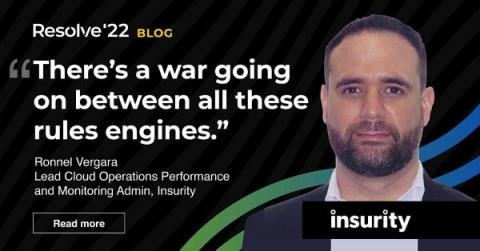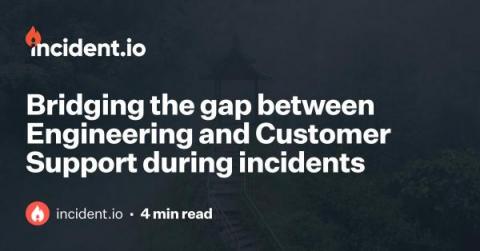Using incidents to level up your teams
I joined GoCardless as a junior engineer. It was one of my first coding jobs, and in my time there I progressed to senior much faster than I had expected. When I reflect on how this happened, one pattern stands out to me; the big step changes in my understanding, and my ability to solve larger and more complex engineering problems, came as a result of incidents.











